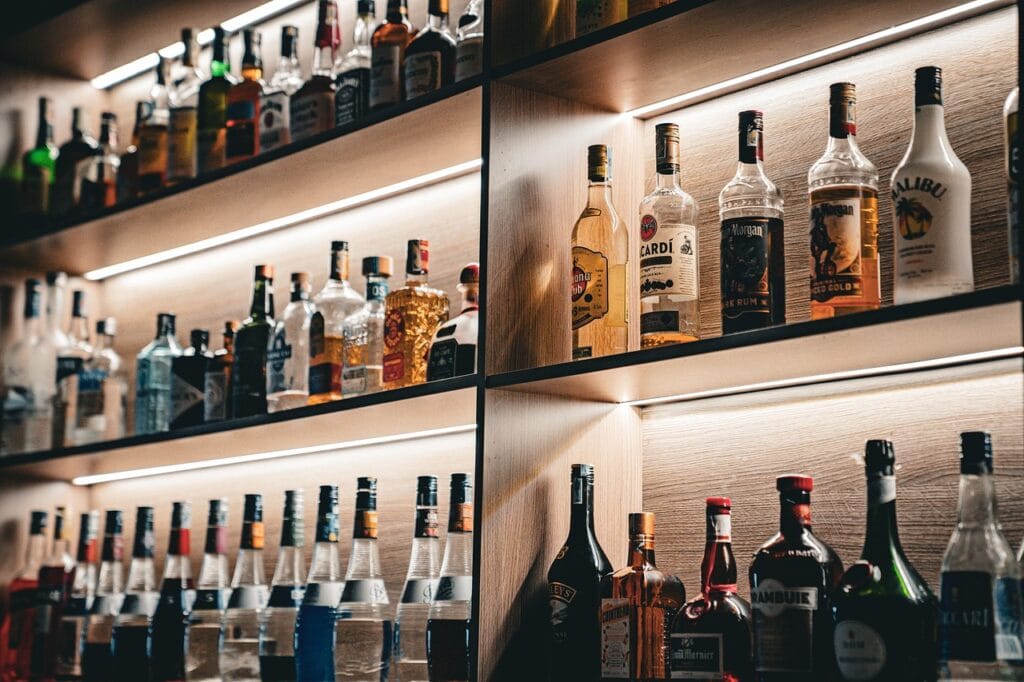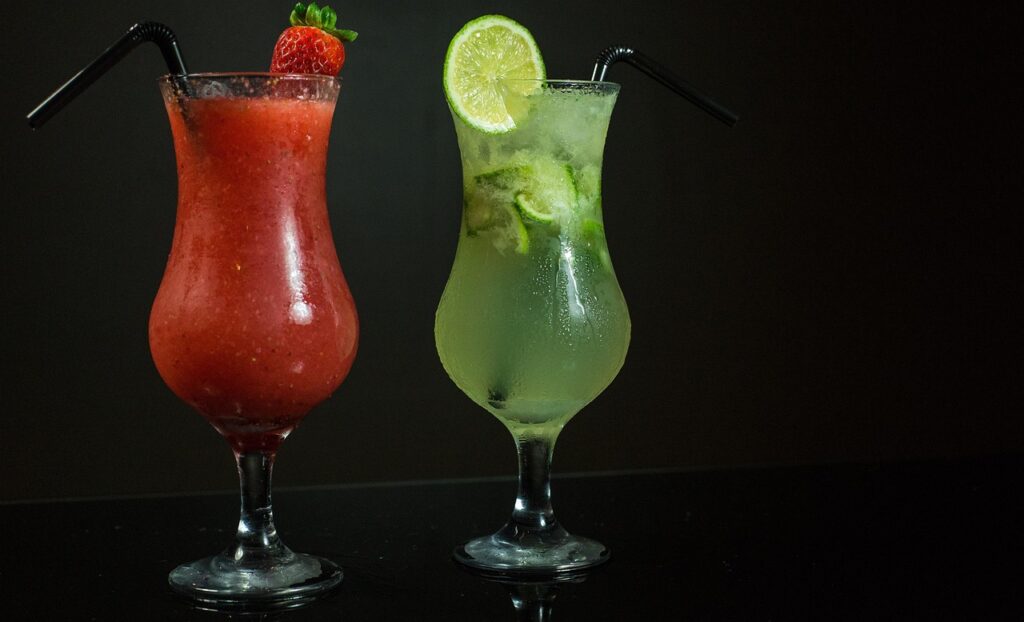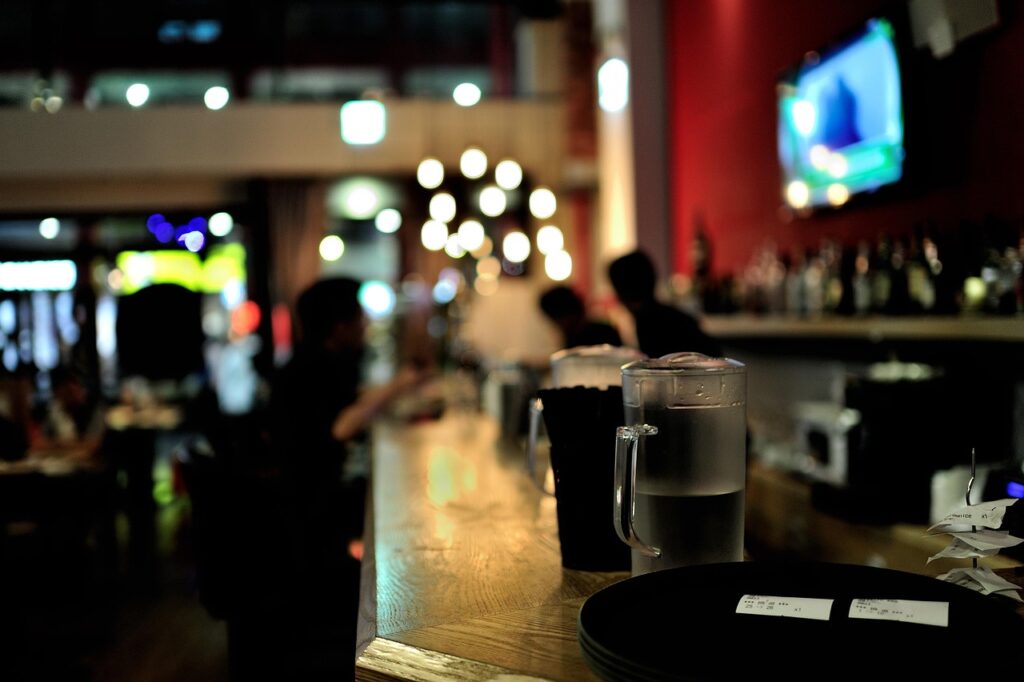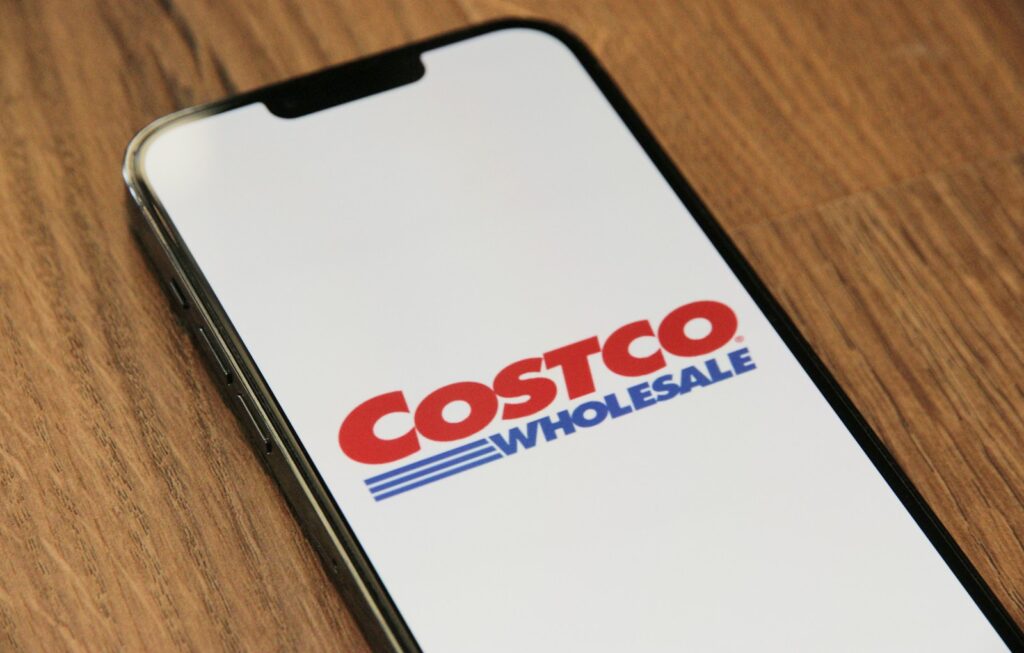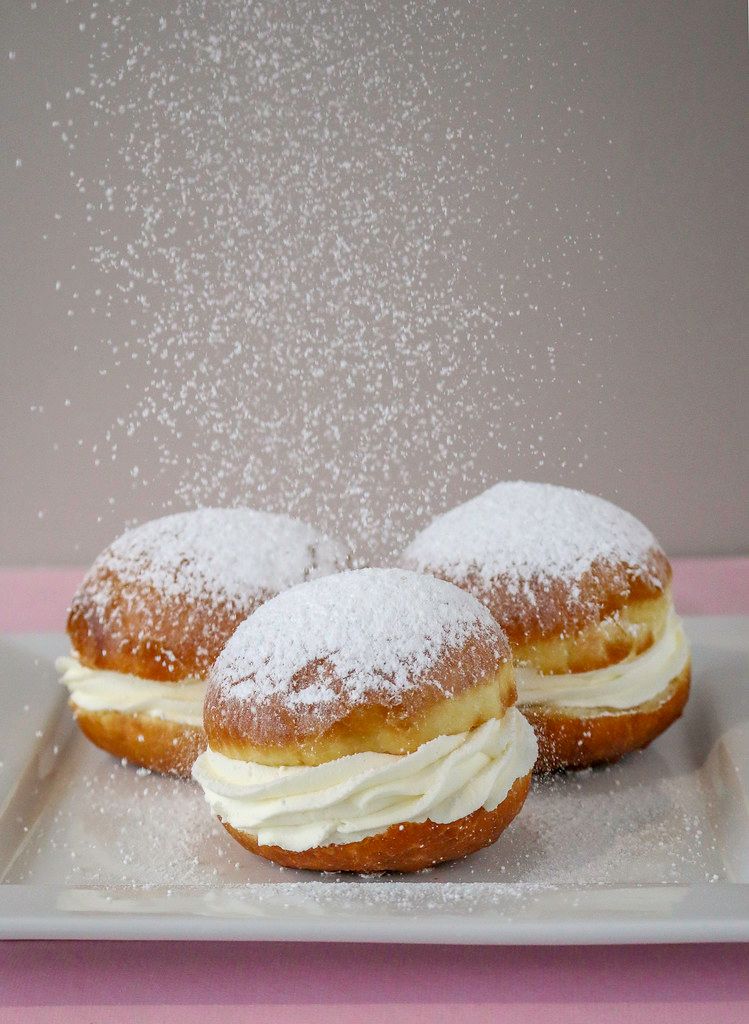Ever watched a skilled bartender at work and thought, “Wow, that looks like the easiest job ever!”? Mixing drinks, chatting up patrons, swiping credit cards – it all seems so effortlessly cool, right? Well, buckle up, because as much as we love a good night out, there’s a whole lot more happening behind that bar than meets the eye. These pros are master multitaskers, whipping up different drinks from memory for a sea of customers, all while keeping tabs on their liquor stock, and sometimes, even stepping in as confessors, counselors, or bouncers. They’re basically superheroes with shakers.
But here’s the kicker: while they’re happy to show off their knowledge and want you to have an amazing experience, even the best bartenders face a constant barrage of requests that, let’s just say, make their lives a living hell. It’s not always about outright rudeness; often, it’s just patrons inadvertently making things harder. And with drinks getting pricier, easily hitting $20 a cocktail in major cities, you want to make sure your hard-earned cash is getting you a great drink and a great vibe, not an eye-roll from the person making your libation. So, how do you avoid becoming “That Person”?
We’ve tapped into the wisdom of seasoned experts—etiquette gurus like Nick Leighton and Lisa Mirza Grotts, and bartending pros like Nikki Bonkowski, Louise Ball, Luke Slater, Kenneth Meehan, Michael Vollmer, and Ron Oleksa—to bring you the inside scoop. They’ve spilled the tea (or should we say, the well-drink) on the top nine phrases and requests that truly get under their skin. Get ready to transform your ordering game and become the kind of customer every bartender secretly (or not-so-secretly) adores. Trust us, it’s easier than ordering a martini like a pro, and it all boils down to common decency and a little bit of foresight.
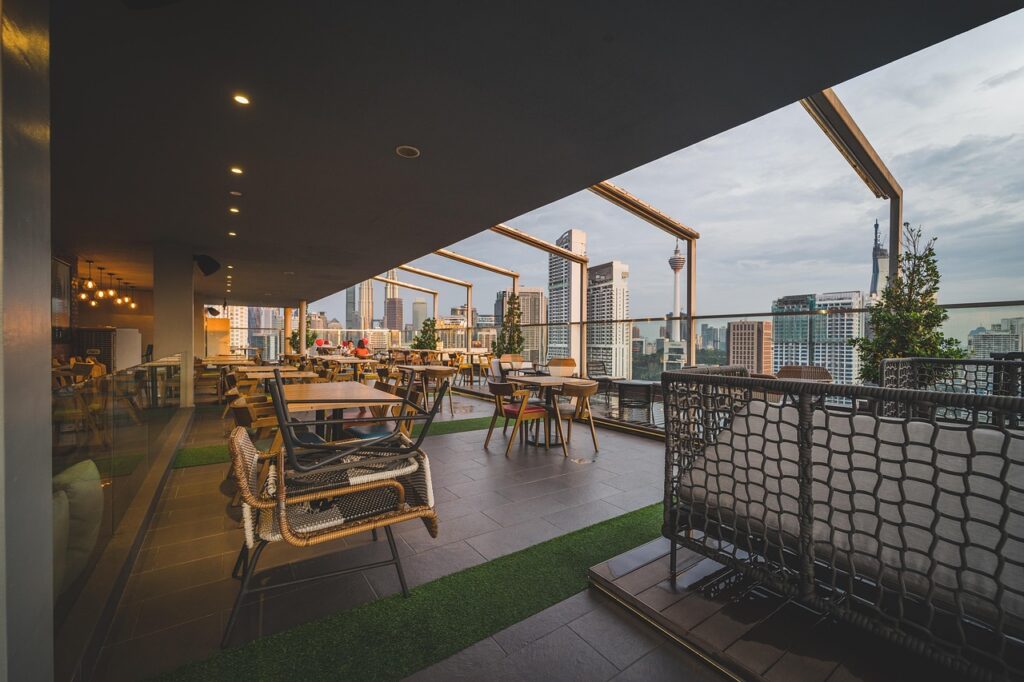
1. **”Can You Make This Stronger?” (Or “Make it a Strong One.”)**Let’s be honest, many of us belly up to the bar hoping for a bit of a buzz. No judgment here! But here’s where we often go wrong: treating the bar like a free-for-all on the liquor tap. Asking a bartender to make your drink “stronger” or “hook you up” with a stiffer drink without paying for it is a major faux pas that hits on multiple levels. It’s essentially asking for free booze, and who likes that? As etiquette consultant Lisa Mirza Grotts plainly puts it, “Bartenders know how to make a proper drink — this is insulting.” Ouch.
Think about it: skilled bartenders pride themselves on crafting drinks with memorable flavors, not just maximum alcohol content. They formulate lighter drinks to be exactly that for a reason. Asking for a super-strong version often questions their expertise and suggests you’re more interested in getting plastered than enjoying a balanced, well-made cocktail. It’s like telling a chef their recipe isn’t good enough and you want more salt – for free! Ron Oleksa, Corporate Beverage Director, notes that his bartenders will often brush off such requests, especially in bars that lean towards spirit-forward drinks, where the strength is already evident.
But don’t despair if you’re looking for a more potent pour! There are polite and effective ways to get what you want without offending your mixologist. Lisa Mirza Grotts advises, “If you want it stronger, order a double and pay accordingly.” Simple, right? Luke Slater, from The Cask Connoisseur, and Ron Oleksa also suggest embracing the right vocabulary: instead of “strong,” try asking for something “spirit-forward” (like an Old Fashioned) or simply order your drink “neat” or “on the rocks” for a more direct, undiluted experience. This shows you understand cocktail terminology and are willing to pay for what you’re asking, making you a much-appreciated patron.
This sentiment was hilariously echoed by a trending TikTok from Mr. New Jersey, who recounted a bartender snapping back at him for asking for a Jameson ginger ale “heavy on the Jameson, please.” The bartender’s response: “And that’s what you never do. You never ask a bartender to make it strong, cuz now I’m gonna make it weak just for asking.” While her reaction might seem harsh, it perfectly illustrates the underlying frustration. As Redditors commented, asking for a double is the way to go because “when people say make it strong, they want extra liquor without paying for it.” Your bartender is a professional, not a personal booze dispenser, so respect their craft and their livelihood.
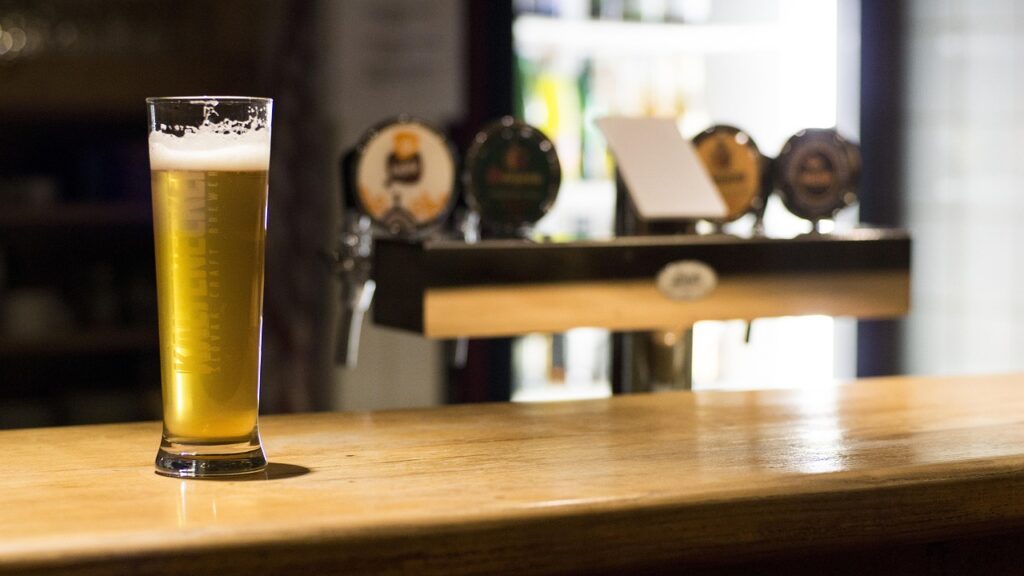
2. **”How About a Free Pour?” (Or “A Little Extra”)**Ah, the elusive “buyback.” In decades past, neighborhood bars had this charming custom: favored customers who bought multiple rounds would sometimes get a complimentary drink, with the unspoken understanding that they’d leave a generous tip or stick around for more. It was a lovely, old-school gesture that fostered loyalty and community. Unfortunately, like dial-up internet and Blockbuster, this custom has mostly gone the way of the dodo, thanks to rising overhead costs, soaring real estate prices, and modern point-of-sale systems that track every single drop poured.
Yet, many bar patrons haven’t quite gotten the memo and continue to pester their bartenders for freebies. This, dear readers, is a “bad look,” according to etiquette expert Nick Leighton. While you might still stumble upon a few old-school dive bars where buybacks are offered to long-time regulars, don’t even dream of asking for one in a high-end cocktail bar or a craft brewery. The economics just don’t work out. A dive bar might absorb the cost of a comped shot of bottom-shelf liquor or a pint of Natty Light for a loyal patron, but no sane bartender is going to treat you to a shot of single-malt Scotch or a rare Trappist ale just because you’ve been sitting there for a while.
This isn’t about bartenders being stingy; it’s about business realities and fairness. They are at work, and every pour is accounted for. Asking for a “free pour” or “a little extra” puts them in an uncomfortable position, essentially asking them to give away the establishment’s product or even compromise their job. It also sends the message that you value a few cents off your drink more than the bartender’s professional integrity or the bar’s bottom line. In short, it’s an outdated request that shows a lack of awareness of how modern bars operate.
So, if you want more, be prepared to pay for it. If you’re looking to save a bit of cash, focus on ordering smartly (like a double shot in a tall glass, which is often cheaper than two individual shots, or sharing a bottle of wine with a friend). But when it comes to freebies, it’s best to leave that particular request in the past. Your bartender will appreciate your understanding and respect for their workplace, ensuring a much smoother and more pleasant interaction for everyone involved.
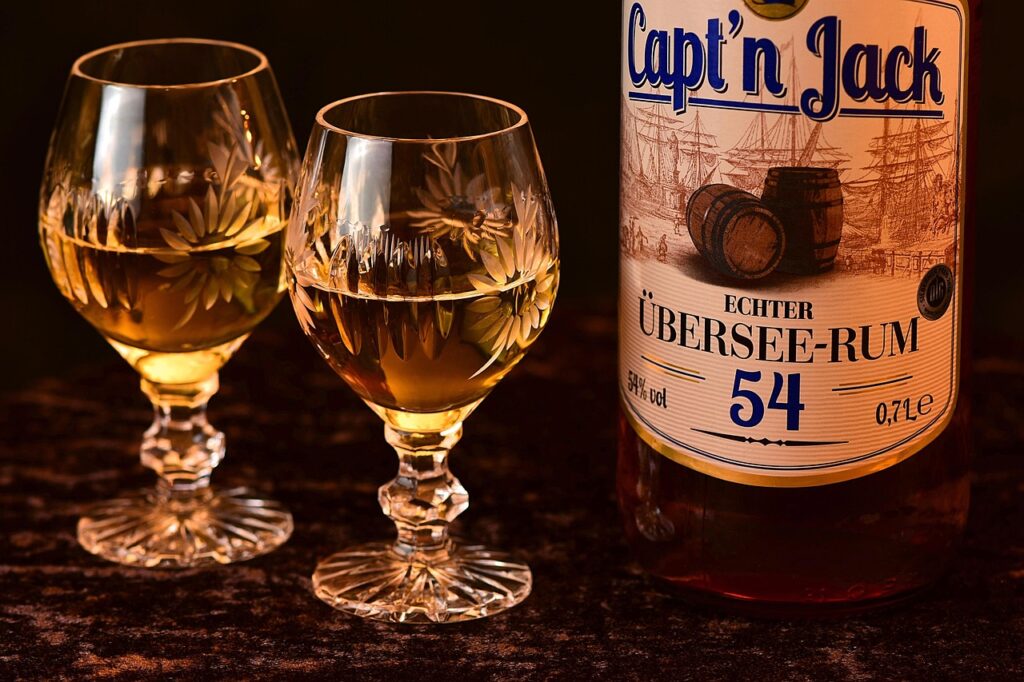
3. **”Surprise Me!”**On the surface, asking a bartender to whip up whatever they fancy for you sounds like a delightful gesture of trust, doesn’t it? You’re essentially saying, “I trust your taste, impress me!” It feels friendly, spontaneous, and maybe even a little adventurous. However, behind the bar, this phrase often triggers a quiet groan of dread. Bartenders, bless their hearts, aim to please. But here’s their dilemma: they know absolutely nothing about your personal likes or dislikes, and their range of possible options is immense. The last thing they want is to craft something special, only for you to take a sip and realize it’s the one thing you absolutely despise.
As Nick Leighton, etiquette expert, points out, “[Among the] things that are annoying [are] asking bartenders to ‘surprise me’ without offering any guidance.” He perfectly illustrates the problem: “There’s a huge difference between a bellini and a negroni.” Louise Ball, a beertender at Blackadder Brewing, echoes this sentiment, stating, “I don’t want to surprise you, I want to give you something you like.” The goal isn’t just to make *a* drink; it’s to make *your* drink, and that requires a little input from you.
So, how can you embrace spontaneity without making your bartender want to disappear into the back room? The trick is to provide a little guidance. Luke Slater loves it when clients ask him to surprise them, “But on this type of thing, I will always check first to see what they like, as I wouldn’t want to waste a drink on someone and not have them enjoy it at all.” Instead of a blank check, give them some direction. “You can say that you like a particular drink and ask what they might recommend that’s similar,” Nick Leighton advises. Or, you could inquire about house specialties or bartender favorites.
Nikki Bonkowski suggests being even more specific: “Have an idea of what you’re looking for, whether that be refreshing, spicy, strong, or sweet, and say to the bartender, ‘Hey, everything on the menu looks great, but I’m in the mood for something spicy. Can you point me in the right direction?'” This way, you’re not just throwing a vague request into the universe; you’re inviting them to use their expertise to tailor something fantastic *for you*. It transforms a potential lose-lose into a rewarding experience, giving the bartender a chance to shine and you a tasty new discovery.
4. **”Make it like Cissy does.” (Or “Don’t you know how to make [obscure cocktail] that I had once on vacation?”)**
If you’re a regular, you probably have a favorite bartender – that magical person who knows your name, your go-to drink, and exactly how you like it. Cissy, or whoever your regular is, is amazing! They make you feel seen and welcomed, and that’s a huge part of why you love that bar. But here’s a crucial reality check: bartenders aren’t the Borg. They can’t telepathically download their colleagues’ minds or instantly know the intricate details of Cissy’s unique shake or stirring technique for your specific drink.
Expecting the bartender on duty to instinctively channel Cissy’s knowledge or style is a bit unfair, to say the least. As Lisa Mirza Grotts sagely advises, “If possible, describe how she makes it, but politely.” In other words, if you have specific preferences, *spell them out* for the person in front of you. Don’t act bummed or annoyed that Cissy isn’t there; remember, the human behind the bar has feelings too and is just trying to do their best. A little politeness goes a long way in ensuring you get the drink you want, regardless of who’s shaking it.
This extends to the often-irritating question, “Don’t you know how to make a [insert obscure cocktail here] that I had once on vacation?” Michael Vollmer from Kimpton Gray Hotel urges patrons to “be mindful of the type of establishment we’re at before getting into more complicated cocktails.” If you’re at a local dive bar or a stadium beer stand, it’s probably not the place to ask for an Aviation requiring crème de violette. Bartenders at such venues likely won’t have the obscure liquors or the time to look up and learn a complicated recipe on the spot, especially when they’re slammed.
Consider the context and the crowd. Ordering hot cocktails or intricate mixed drinks during rush hour might lead to a lower-quality version of what you’re hoping for, not because the bartender lacks skill, but because they simply lack the time to perfect these more demanding beverages. If you’re yearning for a bespoke, complex drink, save it for a high-end craft cocktail bar during a quieter period. Or, as the experts suggest, invest in a bartender kit and get as creative as you’d like in the comfort of your own home. Your bartender will thank you for understanding the difference.
5. **”What’s Good Here?” (Or “What’s Good?”)**Ah, the classic “What’s good here?” It sounds innocent enough, a simple query from a genuinely interested patron. But for bartenders, this maddeningly vague question often signals pure “sloth,” as Lisa Mirza Grotts puts it, comparing it to “walking into a library and asking what the best book is.” It’s so broad, so open-ended, that it leaves the bartender with an impossibly wide range of answers and no real direction to go on. As Nikki Bonkowski articulates, “My answer to that has always been ‘Anything I make is going to be delicious, so it all just depends on what you’re craving to drink currently.'”
And she’s absolutely right! Bars generally aren’t in the business of offering bad items on their menu. If you’re asking just to be cheeky, trust us, your bartender has heard that joke a zillion times, and they’ve got enough to deal with. The real issue is that bartenders have no idea how *you* personally define “good.” What’s good for one person – perhaps a bitter, spirit-forward cocktail – might be absolutely terrible for another who prefers something sweet and fruity. Kenneth Meehan confirms that a vague request during a busy rush is incredibly frustrating because “Bartenders aren’t mind readers, and crafting a random drink takes time away from serving others efficiently.”
So, how do you navigate the menu without resorting to this dreaded phrase? Meet your bartender halfway with a little information. Instead of asking what’s good, tell them what you *like*. “Lay out your definition for the bartender: Tell them what your favorite cocktails or flavor profiles are and ask what options on the menu match them,” suggests Bonkowski. Do you love whiskey and citrus? Are you usually a vodka soda drinker but want to try something new? Even saying “something fruity” is a fantastic start that gives them a jumping-off point.
Being specific not only speeds things along but also gives the bartender an exciting chance to show off their skills, potentially leading to a new favorite drink for you. Meehan recommends questions like “‘What’s your best-selling tequila cocktail?’ or ‘Do you have a good smoky bourbon drink?'” You could also pick two drinks that intrigue you and ask for their thoughts. Remember, looking at the flavor profile of any drink that catches your eye before committing can save you from disappointment – because a drink you don’t enjoy is usually on the patron, not the bartender.

